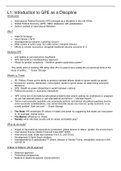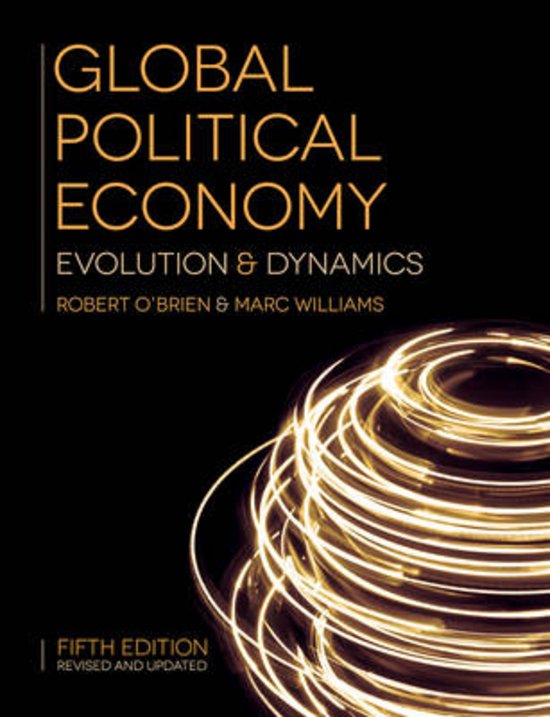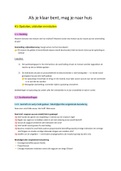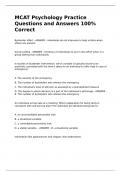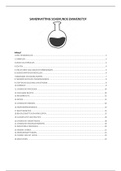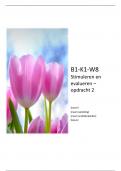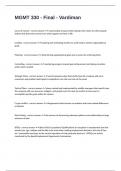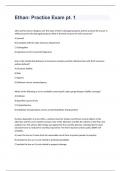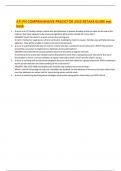College aantekeningen
POLITICAL SCIENCE 222: Global Political Economy (GPE) Lecture Notes
- Vak
- Instelling
- Boek
Detailed notes from voice narrations for lectures 1 through 13. Key dates and terms are included that are not always included in the textbook. Extremely helpful in the final exam and for scoring high marks in the weekly online quizzes for the module.
[Meer zien]
